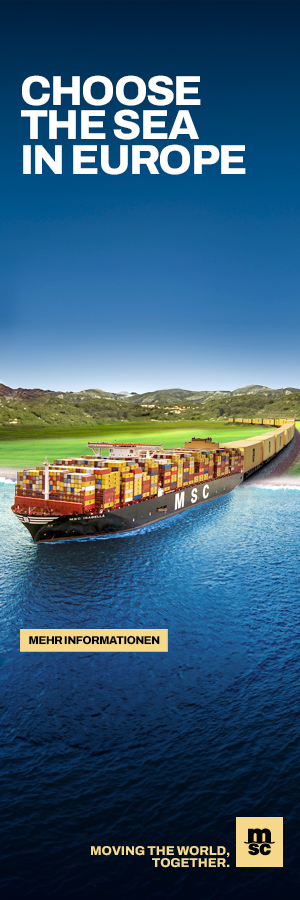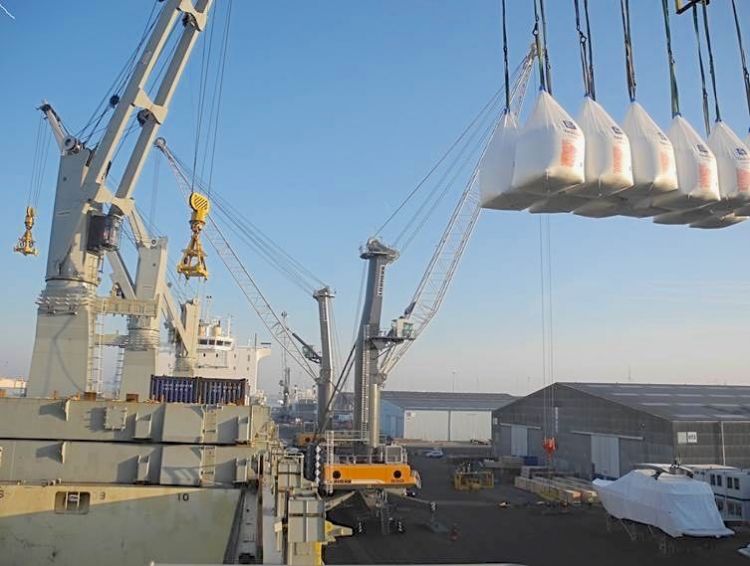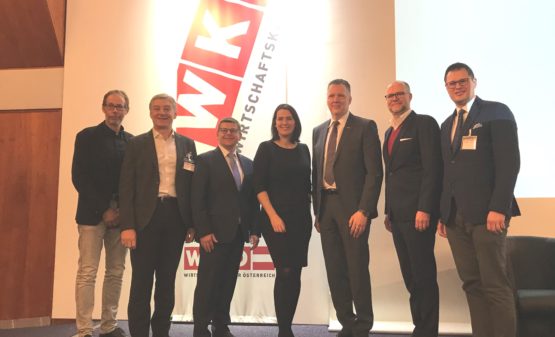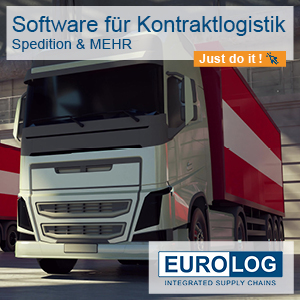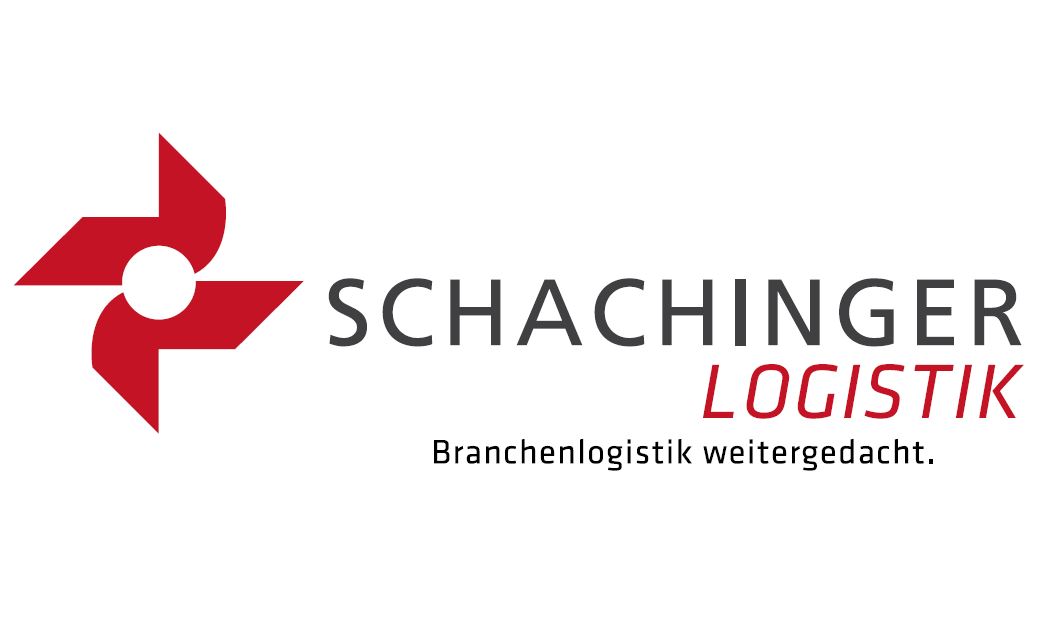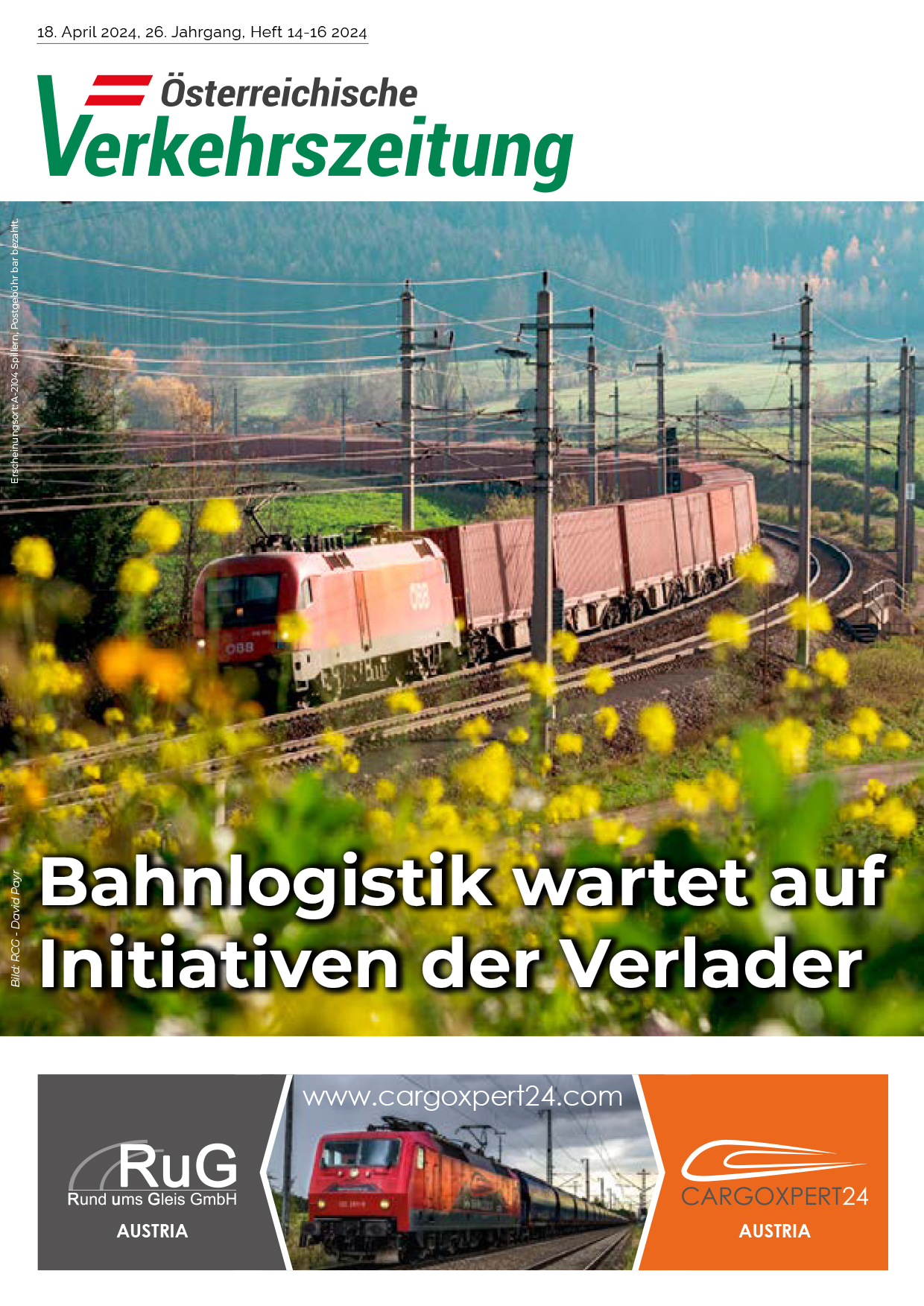The international Euroports group increases the productivity of its sugar terminal in the port of Antwerp in order to be able to handle the expected surge in exports of European beet sugar as a result of the new EU measures abolishing quotas on this product as of 1 October 2017.
Euroports is currently investing EUR 30 million to expand the existing handling capacity and to further raise the processing quality of the products. The goods handling company will upgrade its existing warehouses and invest further in safety and quality, by among other things obtaining the coveted IFS certification. In addition Euroports has invested in taking weekly delivery of more than 20 block trains, and has more than doubled the number of truck loading and unloading bays. This will all result in faster turnaround of goods on the terminal.
The Euroports sugar facilities in the port of Antwerp form the largest bulk sugar terminal in Europe, with a storage capacity of 260,000 tonnes. The trimodal terminal is accessible to Panamax ships and is equipped for the storage, handling and bagging of sugar in every possible way. The site also has a specialised laboratory for carrying out quality control.
“With this investment Euroports confirms its confidence in the future of the European sugar industry. It will enable us to meet the expectations of our customers following the liberalisation of the sugar market later this year,” says Charles Menkhorst, Group CEO Euroports.
In 2006 the grant-aided European sugar market was comprehensively reformed. Under the pressure of the WHO production quota, Europe introduced limitations on imports and exports. This action resulted in a decrease in the number of sugar factories – and also in the sugar production – in Europe, and the European Union developed from the world’s second-largest sugar producer to an importer of sugar.
This situation will certainly change with the sugar campaign that is due to start in September, since these quotas have now been abolished or sharply reduced. The EU currently imports from 4 to 4.5 million tonnes annually, mainly raw cane sugar destined for refining. According to the latest forecasts this import situation will be reversed, leading to exports of 2.2 to 4 million tonnes of white crystallised beet sugar.
The great majority of the European sugar shipped via Antwerp goes to the traditional markets in West Africa and the Middle East. The main European sugar producing countries are France, Germany, Poland, the UK, the Netherlands and Belgium, in that order, together representing 80 percent of EU sugar production.
www.euroports.com; www.portofantwerp.com

